5 Conscious Parenting Pro-Tips for Raising Eco-Aware Kids

If you are a parent who lives consciously, then you are someone awake to the deep connectedness among all of us. And you understand that our thoughts, intentions, and actions have far-reaching influence on Mother Earth and all of her creatures, often beyond anything that we could fully grasp.
Conscious parenting is a natural extension of living in this state of wakefulness and awareness. To me, it is about finding that place of inner authenticity – being who you really are – and recognizing this place in your child, in your interactions with him or her.
There are some remarkable people exploring this topic and sharing inspiring thoughts. Some of my favourites are Dr. Gabor Maté, Dr. Shefali Tsabary, Dr. Laura Markham , and The Parenting Junkie. I would recommend taking some time to check them out if you’re interested!
Below, you'll find 5 Conscious Parenting Pro-Tips to Raise Eco-Aware Kids... Enjoy!
1. Engage imagination while spending time with your kids in nature. In my opinion, this is the most important step we can take to raise eco-aware kids. There is a life force that flows through each one of us and through every aspect of nature. The imagination, which impresses upon the heart, understands this life force best. Being fully present together with your child in our natural world brings about a sense of deep connection and nurtures the seed of care and responsibility toward the planet we all call home.- Next time you’re out for a walk in the park or on a nature hike with your child, or even walking along a busy city sidewalk, take a pause and see the aliveness of everything in nature. See each leaf and each branch and all of the trees as being alive. What are they saying to you? Your child might share a thought with you about this. You might share a thought, too. Enjoy this. Do it often.
- Listen to the songs of the birds and the insects, listen to the song of the wind. You and your child can try to learn these songs and sing them, too. You might create your own song to sing in response. Allow yourself to feel silly, child-like, and even spiritual. Laughter and engaging with the life force seems to come easier to children.
- Focus on your sense of touch and feel the grass or a smooth stone, the bark of a tree, or the cool water of a rain puddle. You and your child can use your imaginations to bring the natural world alive in your hands.
- Plant a garden together and encourage a nurturing and compassionate attitude in your child by treating the seeds and plants like babies. Give them the love and care they need. You can sing to them, whisper encouraging words to them, caress them gently. Think of them at bedtime and send your love. When you’re ready to harvest, share your gratitude for the gifts.
2. Live your "eco-aware values" everyday. Your child is a witness to your example. It’s not always easy to make choices that come out of eco-awareness. Sometimes the other choice just feels a lot more convenient. Life is busy. The truth is we’re not going to be perfect at living a conscious lifestyle, but that shouldn’t defeat us and it need not be our goal. Living a conscious lifestyle filled with eco-aware choices is a practice. Each day, every moment, we can do our best to make the eco-aware choice in the circumstance we find ourselves in. You know, our planet is a forgiving one. Mother Earth is so encouraging and empowering – she tells us that every little loving thing we do to care for her and her creatures makes a difference!
- Practice taking a walk or riding your bicycles at times when you might have used a car.
- Practice turning off the TV and all of the screens, and instead spend time together playing a game of scrabble, telling stories, or sitting on the porch and watching the night sky. Enjoy the quiet, the laughter, and the heart-to-hearts.
- Practice buying less stuff and using the stuff you have. It’s surprising how often we buy new things, especially things like little plastic toys, which end up lying around the house and eventually in the garbage.
- Practice buying locally grown organic/pesticide-free fruits and veggies whenever possible.
- Practice, practice, practice…
3. Keep on learning together. The learning never ends and that is a wonderful truth because children (and grown-ups too!) are natural-born learners. Learning is a gift of life and we can use this gift to keep our eco-awareness alive and well.
- Use stories to teach your child about our planet and our caring role in it. Here are a couple of great examples: Sofia’s Dream by Land Wilson and Stories for a Fragile Planet: Traditional Tales about Caring for the Earth by Kenneth Steven. There are so many more.
- Visit exhibits at the museum, an art gallery, the science centre, or an event in your area. Draw connections between the new learning that you encounter together and the things you and your child already know about our planet, the animals, and our ability to influence our world. Take advantage of free events and exhibits in your area.
- Make your own eco-aware museum of nature findings (remember to choose findings that are already on the ground) and share facts and ideas. Or make an art gallery of eco-inspired work that you and your child put together and invite the whole family (and the neighbours, too!) for a viewing.
- Use tools to research and learn the names of trees, flowers, birds, and other creatures. Then, pretend to be “nature tour guides” on a hike in the woods or in your backyard.
4. Dialogue often and authentically. Dialogue is a key aspect of all the steps that have been outlined so far. Sometimes it’s silence that offers us the sweetest opportunities to communicate with our child. We can share the deepest emotions in our hearts through our hands holding or with a look between us. But we humans are very expressive beings, and it’s important we share our thoughts, feelings, and experiences with one another through open dialogue.
- Conscious parenting allows us to express with authenticity because we don’t think of ourselves as trying to “fit a role” and we practice letting go of feelings about what our children should be. Instead we are quieting our busy minds to hear our inner authentic voice, and we are looking upon our children with eyes that seek to know them for the gifts they really are.
- The conscious parent opens up a space for this authentic expression through dialogue. For example, when you’re out shopping and your child comes across a plastic toy that you know will be garbage soon, gently dialogue with your child about it. Reflect together on all that you’ve both learned about Mother Earth and her creatures and what we can do to help. Listen to your child’s thoughts with care and affection. Offer to play together with a special toy that you already have. If your child doesn’t understand yet, use this as an opportunity for a learning experience by remembering to dialogue about the life cycle of the toy if you do decide to buy it.
- Have fun chatting with your child, listening to them and appreciating their thoughts and feelings. Your child wants to hear your thoughts, too. They want to engage in conversation with you. It’s often through expressing ourselves that we get to know who we really are and what we care about.
5. Be activists together. Dialogue often leads to actionable ideas. Follow-up on the dialogues between you and your child by taking action together.
- For example, if your child has learned about the plight of honey bees and is concerned, you can research the topic together to better understand it and you can empower your child by finding a way to do something. Often, it will mean spreading eco-awareness. You might talk to your child’s teacher and offer up an idea for a class project, or you can engage in your community.
- Being activists can also involve the quiet actions – the ones that no one else might notice – that are good for Mother Earth. You and your child can be champions of the cause for caring for our planet and her creatures by building a garden and tending to it, making a compost together, DIYing, being crafty, using natural easy-to-find ingredients, re-using things at home, conserving energy and water, and you can be activists everyday by sharing the love in your hearts with the birds and the trees and the honeybees. That's where it all begins.
Do you have eco-awareness tips that have worked for you and your kids? Tell us about them in the comments below!

About the Author: Nadia Jamal is a therapeutic practitioner for well-being, a teacher, and writer. She earned her Ed.M and MA in the field of Counseling Psychology from Columbia University. She is proud to blog for Tall Earth, to promote eco-aware choices. She believes that well-being for each one of us is profoundly connected with well-being for Mother Earth and for all of her inhabitants. Learn more at her website or follow her on twitter.



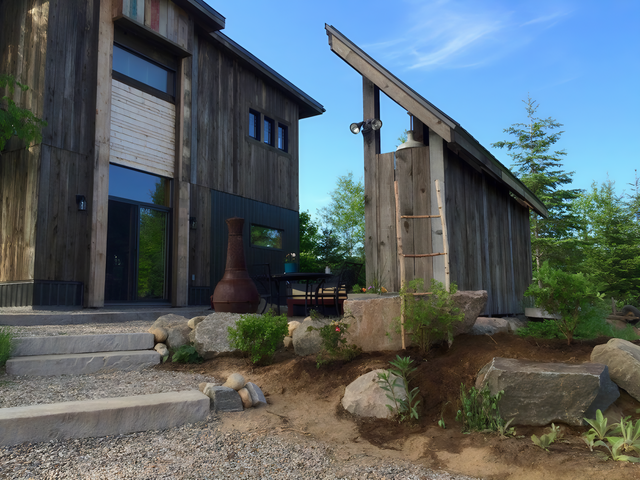
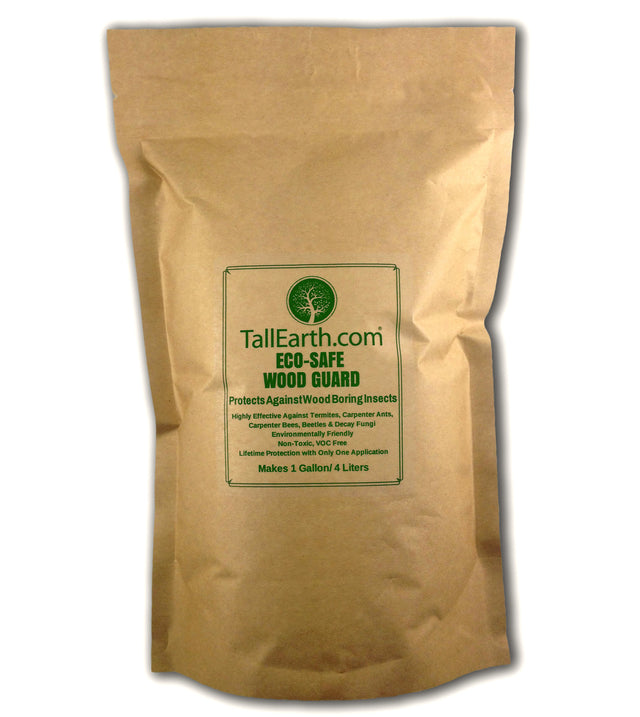
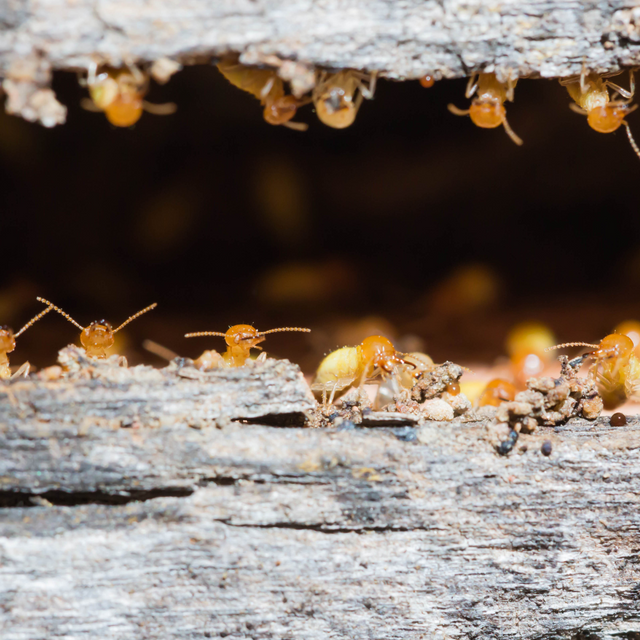

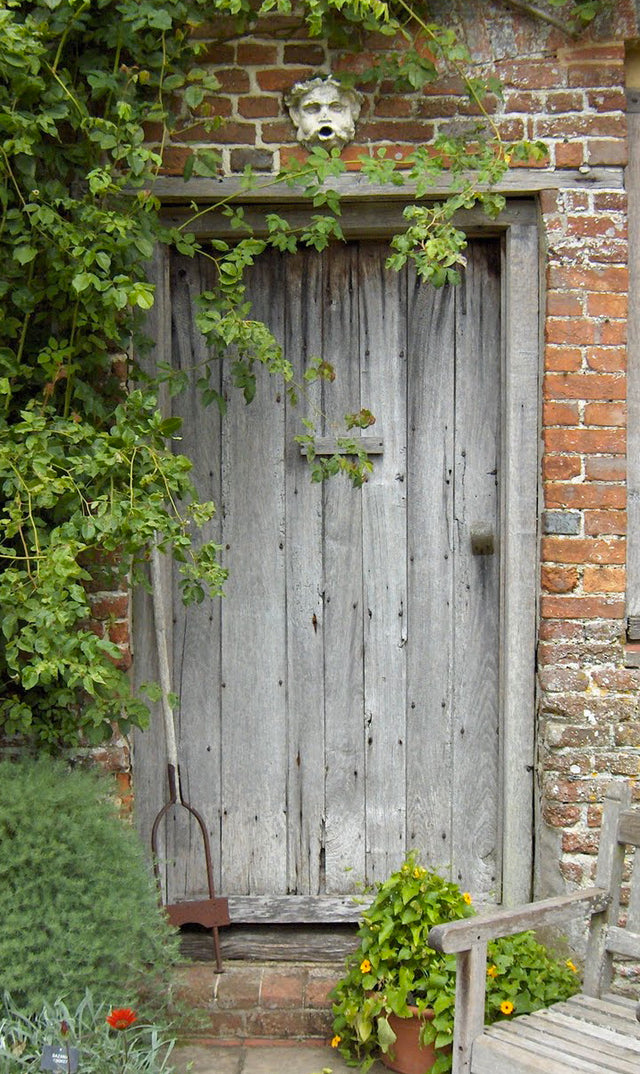



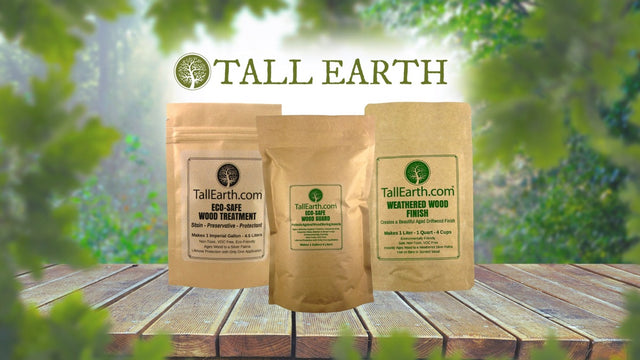
0 Comments
There are no comments for this article. Be the first one to leave a message!